I'm trying to use git to manage my .emacs.d/ and I failed to add some files:

And here is the .gitignore file:
*~
auto-save-list
Why git add -A failed to add these files? Any practical advice for managing .emacs.d with git?
Edit:
~/.emacs.d $ git config -l
user.email=nickleeh@hotmail.com
user.name=Nick Lee
core.autocrlf=input
core.editor=sublime -wl1
push.default=simple
color.ui=true
core.repositoryformatversion=0
core.filemode=true
core.bare=false
core.logallrefupdates=true
user.email=nickleeh@hotmail.com
~/.emacs.d $
Edit 2
When I try to add untracked files, I got this fatal error:
~/.emacs.d $ git add el-get/ace-jump-mode/*
fatal: Pathspec 'el-get/ace-jump-mode/README.md' is in submodule 'el-get/ace-jump-mode'
It turns out that ace-jump-mode is a submodule. How can I get ride of this?
Does that mean using git to manage emacs configuration files is not a good idea?